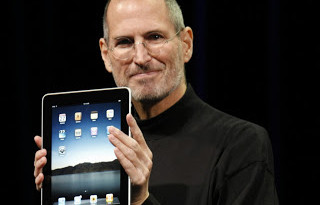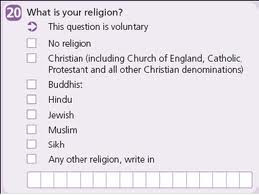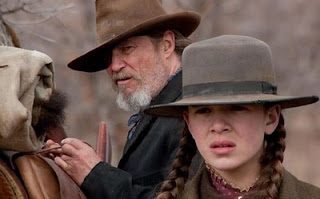Right now, I’m in the thick of an exciting work placement with the Welsh publishing house Seren. Over eight weeks, I’m working as a Digital Assistant, getting them set up in the brave new world of ebook publishing. As both a book and technology geek, it’s a great job for me to tackle.
Seren have loads of great titles: last year, they published The Last Hundred Days by Patrick McGuinness, which was long-listed for the Man Booker prize, and shortlisted for the Costa first novel award. Particularly up my street is their current series New Stories from the Mabinogion, which retells Welsh myths and legends in a modern style and context. They also publish a wide variety of fiction, non-fiction and poetry from Wales. It’s really exciting to have the opportunity to work with them on creating ebooks.
Poetry in ebook form is one of the most interesting tasks facing me. Publishers are used to having complete control over the layout of the printed page. Contemporary poets make use of various typographic tricks to fuse together word, form and meaning. On an ereader, however, all that becomes fluid. Ebooks can be read on devices of all different shapes and sizes, from dedicated e-ink readers such as the Kindle, up to large computer screens, or down to mobile phones. Words reflow to fit these screens – which is great for reading prose, but can play merry havoc with the readability and artistic integrity of poetry.
For example, one of Seren’s upcoming poetry titles involves two long poems, one of which starts normally from the front, the other of which is printed upside down from the back, so you can turn the book over either way to start reading. There’s no exact way of replicating that experience in ebook form.
The formatting options available on ereaders such as Kobo, Nook or Kindle are still pretty primitive. The current EPUB and especially the Kindle file format are very basic. They are much more limited than what can be done on a normal webpage. But new file formats – EPUB3 and Kindle Format 8 – are on the way. These will allow more sophisticated layouts, fonts and image handling. In the meantime, many publishers are developing apps for those times when a basic ebook layout just won’t cut it.
Of course, 90% of poetry is simply a series of lines on a page, perhaps with a bit of indentation, so there’s plenty of poetry that’s relatively straightforward – perhaps a little fiddly to convert correctly, but perfectly doable given time and patience. But the other 10%, those poems which push the boundaries of form and textuality, present both a creative and technical challenge – but one that I’ve started to get to grips with!














